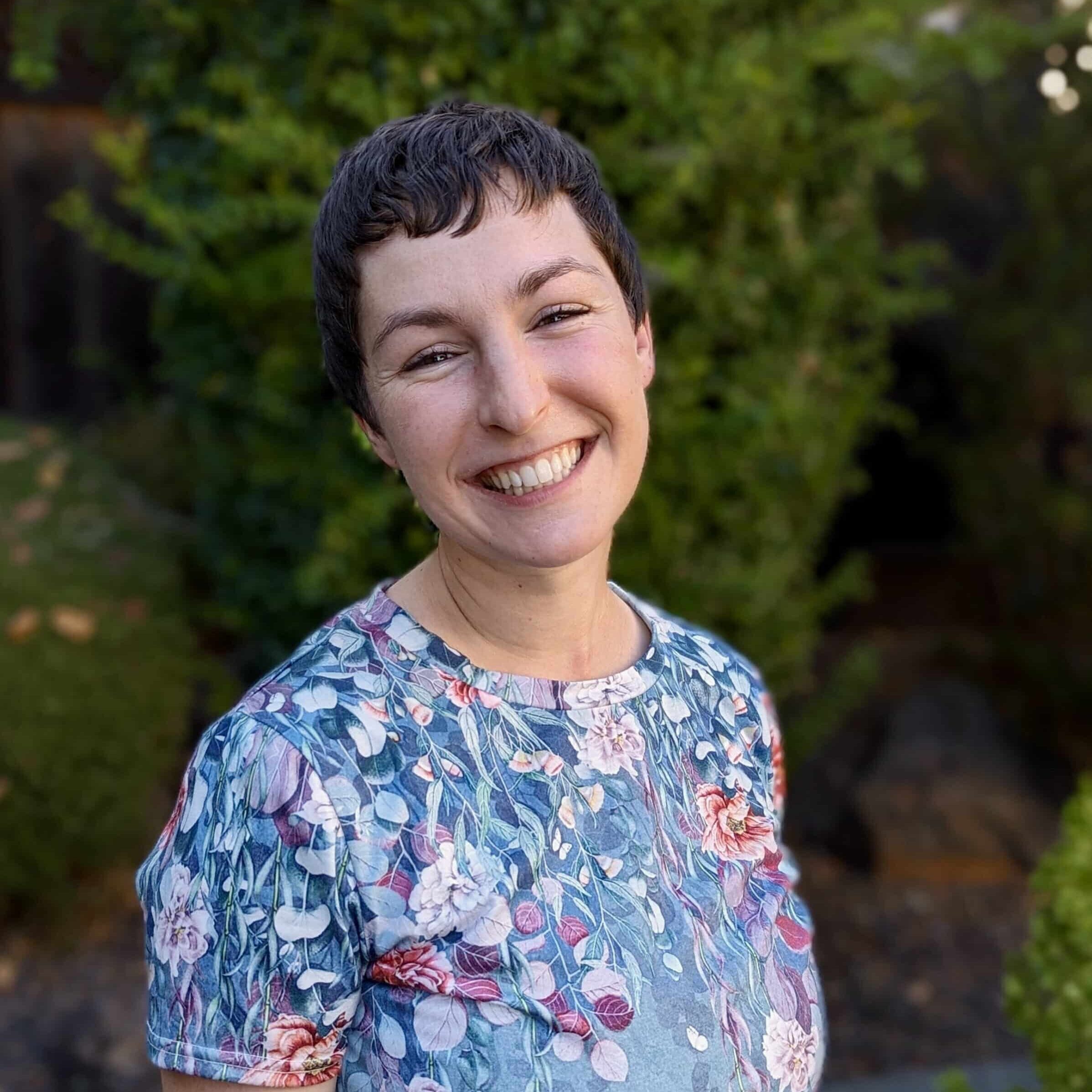Through our recovery work, we learn that being judgmental with ourselves and down on ourselves only makes us feel worse about ourselves and more insecure, causing us to be more likely to turn to our addictions to make ourselves feel better. Our feelings of security, stability, groundedness and centeredness are all fragile when we’re working to recover. We are building up our resilience, our inner strength and our willpower. We need to be as gentle and kind with ourselves as we can be. Self-judgment doesn’t build us up or uplift us. It is not encouraging. Self-judgment is one of the ways we beat ourselves up. It is one of our modes of self-deprecation. It holds us back and limits us. It is one of the ways we keep ourselves small. We want to get into the habit of holding ourselves accountable to our goals, even giving ourselves some tough love when we need it, without criticizing ourselves and judging ourselves harshly.
We might have been conditioned to think that being harsh and strict with ourselves is how we make changes, how we instill habits, how we develop and improve ourselves. For many of us, though, we have been deprived of compassion, patience and understanding for so long that we desperately need to receive these things from ourselves. We need to feel that we will love and accept ourselves unconditionally, no matter what mistakes we make or how badly we mess up. We have to believe in ourselves and rebuild our faith in ourselves. When we judge ourselves harshly, we chip away at our self-esteem and our confidence. We erode our sense of self and our self-belief. Calling ourselves a failure, telling ourselves we’re weak and beating ourselves up don’t make us more inclined to try harder and do better. They usually make us feel even worse about ourselves. Our customary, default habit when we feel bad about ourselves is to turn to our drugs of choice for solace, comfort and relief. We try to escape ourselves, our harsh judgment of ourselves and the unkind things we’re saying to ourselves, through our drugs and the way they numb our pain.
For many of us, self-judgment doesn’t strengthen our willpower or resilience. It doesn’t build us up or help us to resist temptation next time. It actually can lead to relapse, the very thing we’re trying so hard to avoid. It can weaken our resolve and our conviction, because instead of being unified within ourselves to fight our addictions, we’re fighting against ourselves and bringing ourselves down.
At Corner Canyon Health Centers, we maintain a caring and emotionally supportive peer culture to help clients feel safe. We want you to feel encouraged, uplifted and supported. Call 1-866-399-3469 today for more information.




